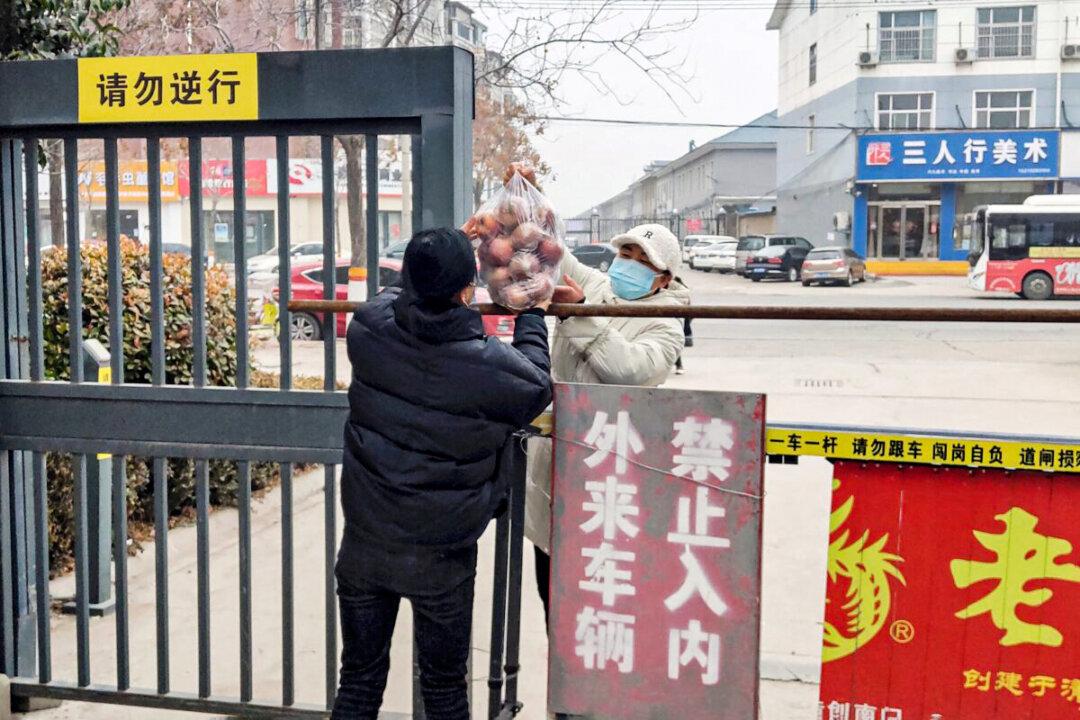Beijing has signaled that it might relax or lift its long-held “dynamic zero” coronavirus policy as China faces mounting economic pressure.
On March 5, Chinese leader Xi Jinping for the first time changed his wording on the pandemic, dropping talk of a “dynamic zero” and instead urging party officials to “hold the bottom line of preventing the COVID cases from massive resurgence,” according to state media. He made this statement in a speech to delegates from the northern Chinese region of Inner Mongolia, who attended an annual conference of China’s rubber-stamp legislature, the National People’s Congress of China.





